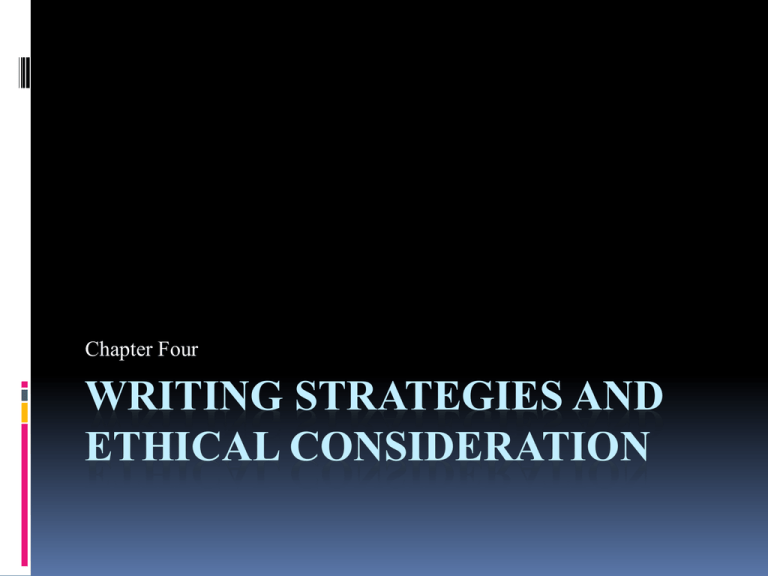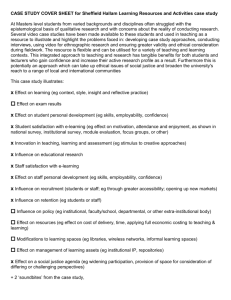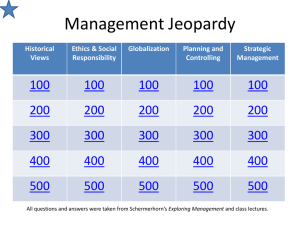Communication Training Using PowerPoint
advertisement

Chapter Four WRITING STRATEGIES AND ETHICAL CONSIDERATION Writing the Proposal What does the intended reader/audience need to understand better about the topic? What does the audience know little about the topic? What is the purpose of the study? What /Who is being studied? What is the setting/environment where the study is occurring? What method is to be used? Writing the Proposal (Cont.) How will data be collected and analyzed? How will the results be validated? What ethical issues arise from the study? What does the preliminary results about the practicality and value of the study to be conducted? Format of Qualitative Constructivist / Interpretivist Research Introduction Procedures State the assumptions in qualitative research Provide the qualitative research strategy Outline the role of the researcher Detail the data collection procedures Explain the strategies for validating the findings Present the proposed narrative structure of the study Format of Qualitative Constructivist / Interpretivist Research (cont.) Anticipated Ethical Issues Preliminary Findings Expected Outcomes Appendixes Format of Advocacy / Participatory Research Introduction Procedures State the assumptions in qualitative research Provide the qualitative research strategy Outline the role of the researcher Detail the data collection & recording procedures Describe the data analysis procedure and explain the strategies for validating the findings Present the proposed narrative structure of the study Format of Advocacy / Participatory Research (cont.) Anticipated Ethical Issues Significance of the Study Preliminary Findings (if available) Expected Advocacy / Participatory Changes Appendixes Qualitative Proposals Introduction State the problem Include existing literature about problem Explain the significance of the study State the purpose of the study Present the research question Qualitative Proposals Appendixes Interview Questions Observations Observation Documents Quantitative Proposals Introduction State the problem Include issue and/or significance of issue State the purpose of the study Define the theoretical perspective Present the research question or hypothesis Review the literature Format of Quantitative Research (cont.) Provide the Methods Used State the Significance of the Study Present the Preliminary Findings (if available) Describe Anticipated Ethical Issues Outline the Preliminary Study or Pilot Appendixes Quantitative Research Method Method of Research Research Design Population, Sample and Participants Data Collection – Variables, Instruments & Materials Analysis Procedures Ethical Issues To Anticipate Ethical Issues in the Research Problem Ethical issues in the Purpose Statement and Research Questions Include in purpose statement purpose of study as explained to participants Ethical Issues in Data Collection Do not put Participants at Risk Respect Vulnerable Populations Develop an Informed Consent Form Have participants sign before the study begins. Do not coerce participants to participate Respect confidentiality of participants identity & privacy Ethical Issues in Data Collection (cont.) Gain authorized access to research site Leave research site undisturbed In experimental studies, researchers must collect data so all participants benefit from treatment. Not just the experimental group. In qualitative studies, researchers should consider how interview will improve /impact the participants Ethical Issues in Data Analysis and Interpretation Study must protect the anonymity of individuals, rolls and incidents within the study. Data must be safely stored Clearly define ownership of data –researchers, participants or faculty advisors Provide an accurate account of the information collected




